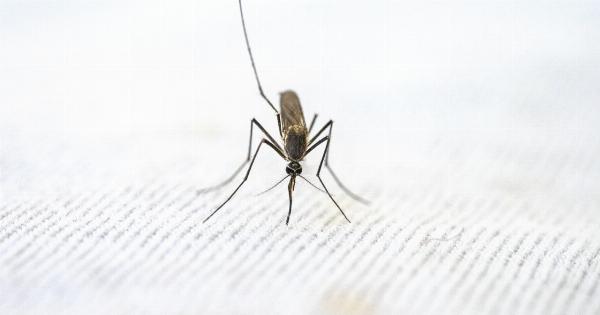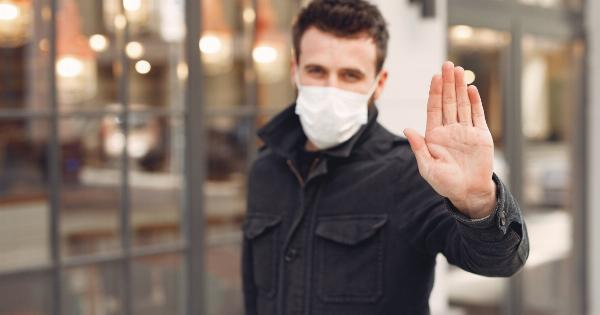The number of reported measles cases has significantly increased worldwide in recent years, leading to growing concerns over the outbreak of the disease.
According to the World Health Organization (WHO), the first six months of 2019 alone saw more than 360,000 cases worldwide. This is a staggering number compared to the same period last year, which reported 129,239 cases.
The Centers for Disease Control and Prevention (CDC) in the United States (US) recorded 1,109 individual cases of measles in 2019, making it the largest outbreak in the country since 1992.
What is measles?
Measles is an infectious disease caused by the measles virus, which spreads easily from person to person through coughing and sneezing. The virus can remain contagious in the air for a period of two hours.
It usually affects children and is highly contagious. Adults who have not been vaccinated against the disease are also susceptible to contracting it. Symptoms of measles typically develop ten to 14 days after exposure to the virus and include:.
- High fever
- Cough
- Coryza (runny nose, inflammation of the mucous membranes)
- Red, watery eyes
- Rash on the skin that appears as small red spots which eventually develop into large blotchy patches
Why is there an outbreak?
The outbreak of measles is a result of various factors, including:.
- Decline in immunization rates: Individuals who are not vaccinated or do not receive the appropriate dosages of the measles vaccine are at a higher risk of contracting the disease.
- Increased globalization and travel: The ease of global travel means that people can travel to different parts of the world relatively quickly, increasing the chances of being exposed to the virus.
- Lack of access to healthcare: Poor access to healthcare facilities or lack of information about the importance of vaccination among vulnerable populations leads to low rates of immunization, making individuals in these groups more susceptible to diseases such as measles.
- Anti-vaccination movement: Misinformation and fear-mongering campaigns against vaccines have gained traction in some parts of the world, leading to individuals opting out of immunization.
How can we prevent measles?
Measles can be prevented through immunization, which is currently available in the form of the measles, mumps, and rubella (MMR) vaccine. The vaccine is recommended for all individuals, including infants, and is typically given in two doses.
The first dose is given at 12 to 15 months of age, while the second is given at four to six years of age. Individuals who have not received the vaccine should talk to their healthcare provider about getting immunized.
Conclusion
The recent rise in the number of measles cases is alarming and highlights the importance of routine vaccination to help prevent the outbreak of infectious diseases.
Governments and healthcare organizations need to educate the public on the importance of vaccination and the benefits that it provides not only to the individual but also to the wider community. Communities need to work together to ensure that everyone has access to healthcare facilities and information, and to debunk the fear-mongering campaigns associated with vaccines.
The fight against measles and other infectious diseases requires a collective effort, and it is only through working together that we can win the battle.































